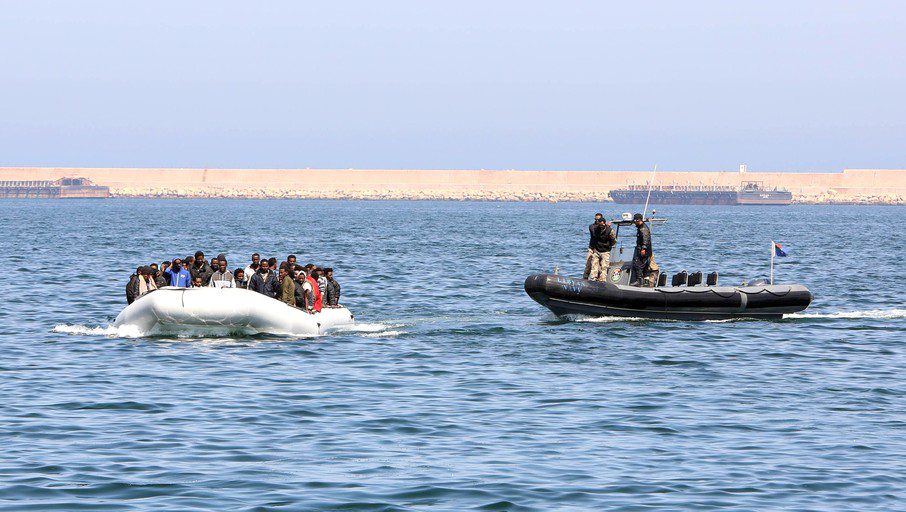Ahead of a visit by EU Migration Commissioner Brunner and EU ministers to Libya to discuss migration cooperation on 8 July, Eve Geddie, the Director of Amnesty International’s European Institutions Office, said:
“The EU’s morally bankrupt migration cooperation with Libyan authorities amounts to complicity in horrific human rights violations. Attempts to stop departures at any cost show a complete disregard for the lives and dignity of migrants and refugees.
“Amnesty International has long documented the hellish conditions faced by migrants and refugees in Libya. Instead of addressing the catastrophic human cost of its migration deals in Libya and beyond, the EU and its member states are doubling down – trapping more and more people in abhorrent cycles of abuse.
“This visit to Libya risks replicating an unchecked and unaccountable process, similar to the deal with Tunisia. EU leaders must ensure that any external cooperation guarantees effective scrutiny and oversight on where EU funds are going, and what actors they empower.
“The EU and its member states must urgently re-evaluate their support for Libyan authorities and militias, suspend any actions contributing to trapping refugees and migrants in the country, and avoid further complicity in perpetuating grave human rights violations.”
Background
On Tuesday 8 July, European Commissioner for Migration Magnus Brunner, together with Italian, Greek and Maltese ministers, will reportedly meet with officials from the two rival governments in the east and the west of Libya.
Amnesty International has long documented how EU assistance facilitates the interception and forced return of tens of thousands of people to detention centres in Libya.
Refugees and migrants in Libya are subjected to systematic and widespread violations by unaccountable armed groups and militias, including prolonged arbitrary detention; enforced disappearances; torture; rape; unlawful killings; extortion and forced labour – conditions, which, according to a UN investigation, very likely amount to crimes against humanity. Libya is not a safe place for disembarkation.
The visit follows a push from Commission President von der Leyen to reduce departures from eastern Libya towards the EU, specifically towards Greece. It also comes in the aftermath of a serious crackdown launched by western-based authorities and militias against international humanitarian organizations assisting refugees and migrants, rendering their situation even more precarious after many of these organizations were forced to suspend operations. In eastern Libya, Libyan Arab Armed Forces (LAAF)-affiliated armed groups such as Tariq Ben Zeyad continue to be responsible for “a catalogue of horrors” including forced mass expulsions of refugees and migrants to Chad, Egypt, Niger and Sudan, without due process and without granting them the opportunity to claim asylum.


